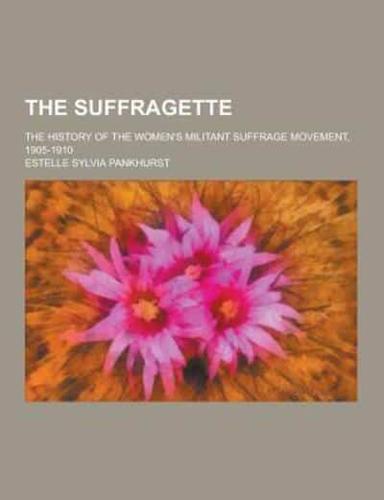Publisher's Synopsis
This historic book may have numerous typos and missing text. Purchasers can usually download a free scanned copy of the original book (without typos) from the publisher. Not indexed. Not illustrated. 1911 edition. Excerpt: ... of the Chancellor of the Exchequer and the Home Secretary." Mr. Balfour. Mr. Haldane, and Mr. Runciman were amongst those who spoke in support of the Bill, but the two Ministers urged that it should not be allowed to pass to one of the standing Committees. After thirty-nine speeches had been delivered the division was taken. The Second Reading was then found to have been carried by 299 votes to 190, giving a favourable majority of 109, a majority larger than that cast during the Parliament for any measure and even for the Government's vaunted Budget and House of Lords Resolutions. A division was next taken on a resolution to refer the Bill to a Committee of the Whole House. The Anti-Suffragists, in the hope of shelving the Bill, those who feared to anger the government and those who genuinely believed that so important a measure should be considered by the Whole House in each of its stages combined to carry this resolution by 320 votes to 175. The question was now whether the Government would allow the few days necessary for the Committee and other final stages. Practically all other important legislative work was hanging fire because of the deadlock in regard to the House of Lords controversy. The Conference between the leaders of the Conservative and Liberal parties, which, after King Edward's death, had been set up to discuss this matter, was still sitting and until its deliberations were at end no progress towards a settlement would be made. Therefore for the moment Parliament had plenty of time on its hands, and urgent pressure was brought upon the Government to give out of this abundance to the Women's Bill. On July 17th the Men's Political Union "for Women's Suffrage, the Men's League for Women's Suffrage and the Conciliation...























